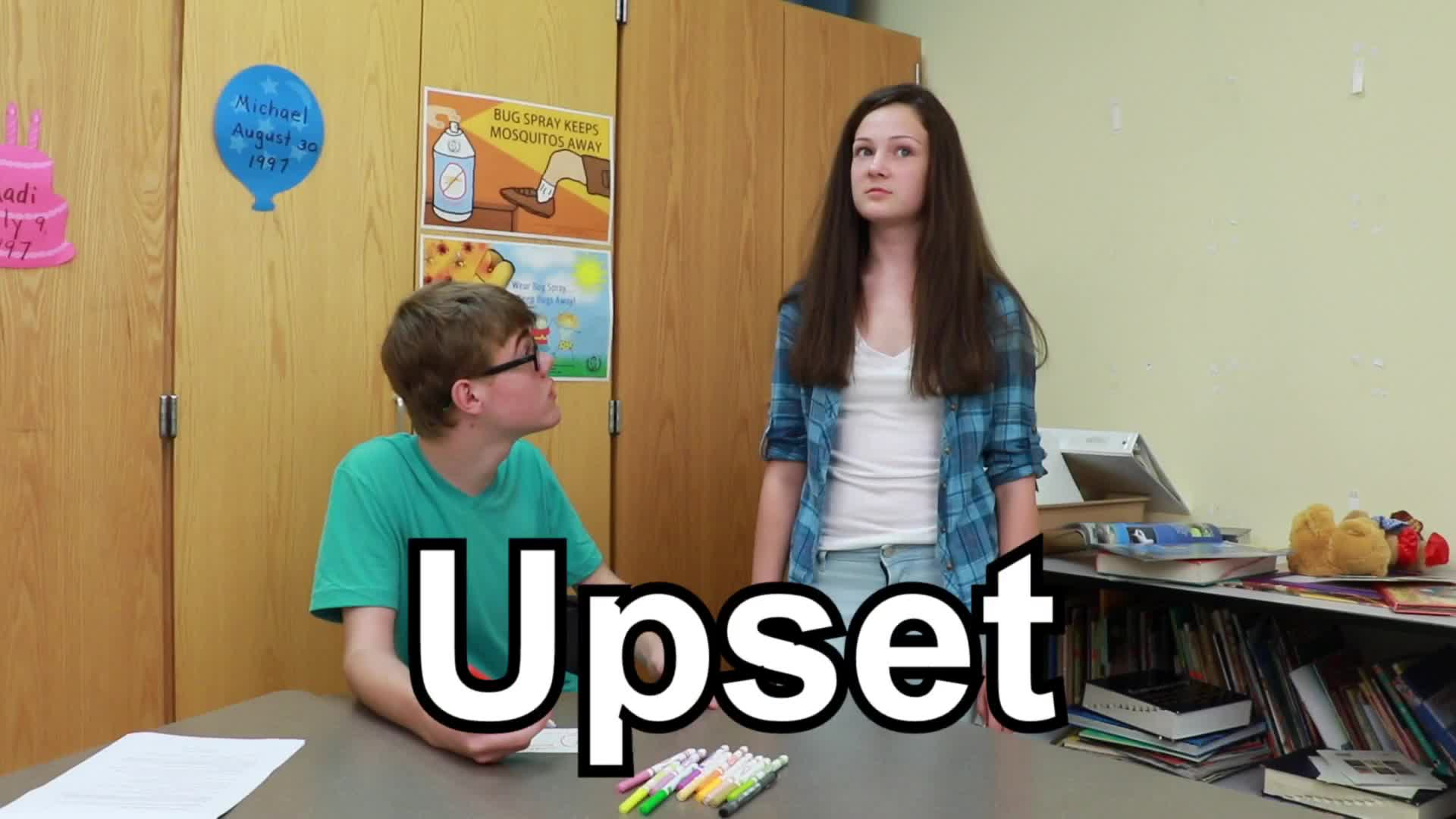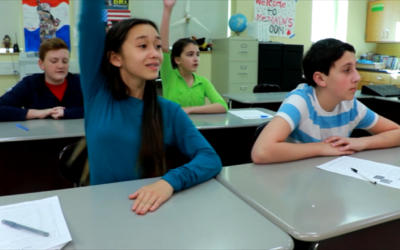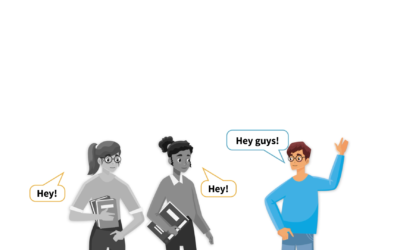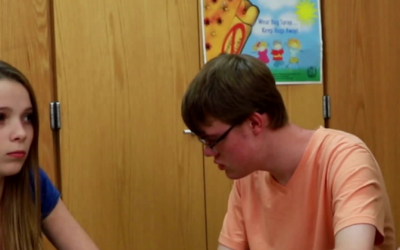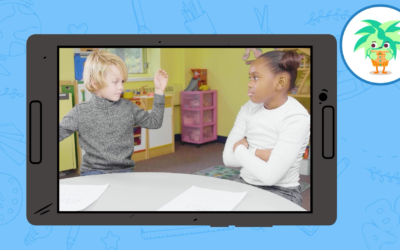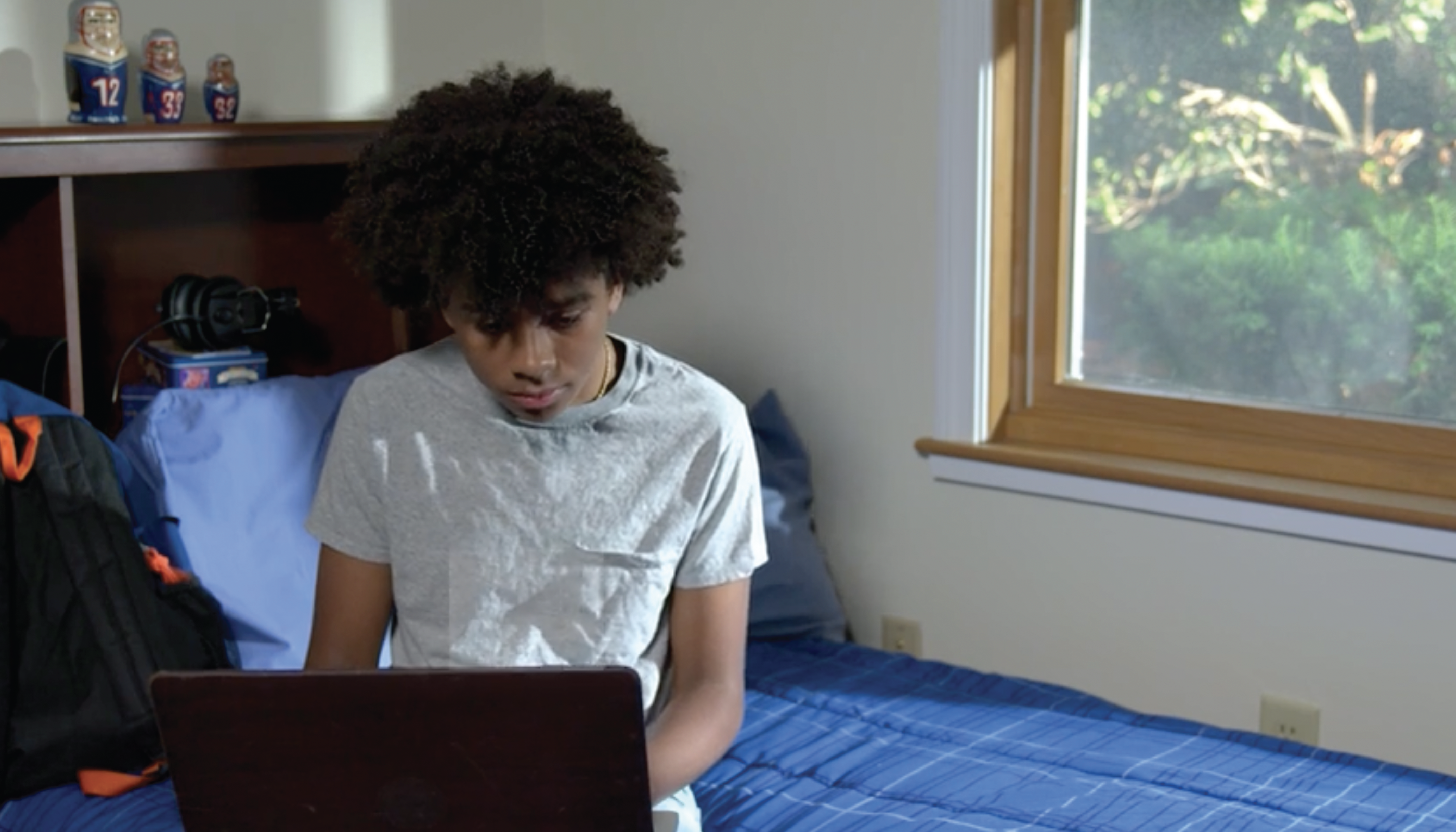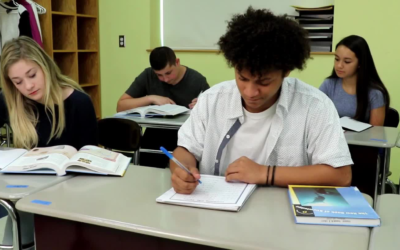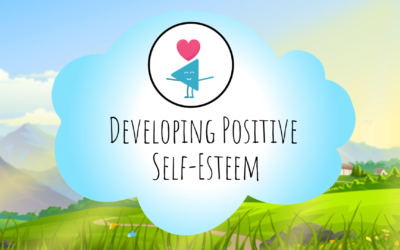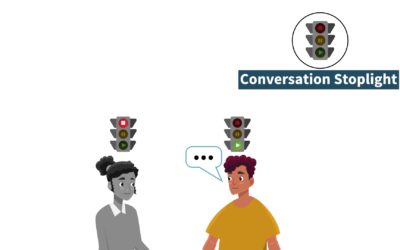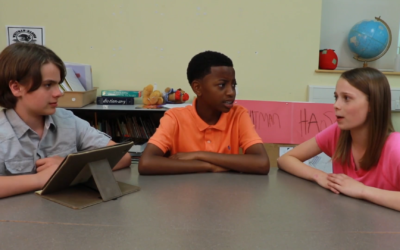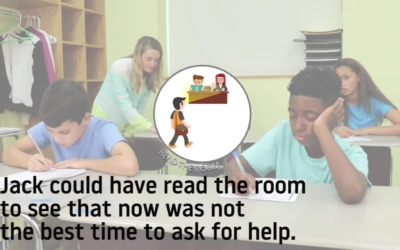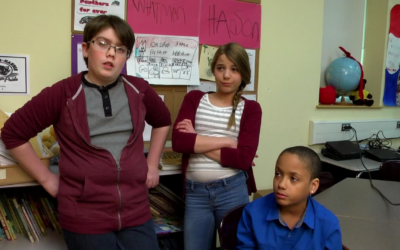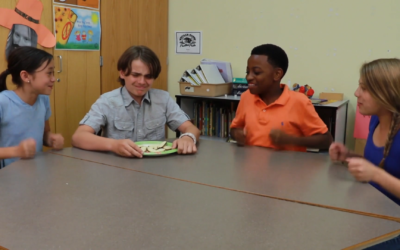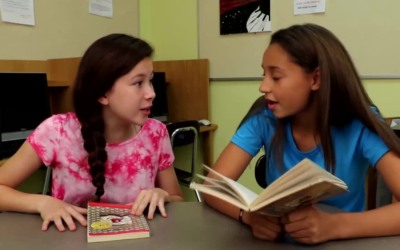Everyday Speech Blog
Social Skill Lesson Plans and Articles
No Results Found
The page you requested could not be found. Try refining your search, or use the navigation above to locate the post.
No-Prep Activities
Teaching Students to Understand Different Perspectives: A Guide for Educators
Introduction Understanding different perspectives is a crucial skill for students to develop as they navigate social situations and learn to empathize with others. This blog post will explore an engaging, no-prep activity for educators to help their students...
Teaching Communication Skills to Kindergarten Students: Activities and Discussions
Introduction Communication skills are essential for children to develop healthy relationships and succeed in school. Educators play a crucial role in teaching these skills to kindergarten students, helping them understand the importance of listening, speaking, and...
Teaching Kindergarten Students to Use Words for Attention – A Guide for Educators
Introduction As educators, we strive to teach our students valuable social skills that will help them interact positively with their peers. One such skill is learning how to get attention from others without resorting to physical means, such as hitting or touching....
Teaching Good Sportsmanship: Embracing the Concept of Not Winning All the Time
Introduction As educators, it's important to teach students about good sportsmanship and accepting that they can't win all the time. In sports or games, sometimes other people win, and that's okay. When students lose, they need to be a good sport, which means not...
Teaching Kindergarten Students to Stay Calm When Losing: Activities and Discussions
Introduction Staying calm when losing is an important skill for young children to develop as part of their social-emotional learning. Learning to manage disappointment and frustration in a healthy way will help them navigate social situations and build resilience....
Email Etiquette for Middle School Students: Essential Skills for Effective Communication
Introduction Email communication has become an essential part of our daily lives. For middle school students, learning how to communicate effectively with their teachers and other adults via email is a vital skill that will prepare them for future success. In this...
Teaching Self-Regulation: A No-Prep Activity for Middle School Educators
Introduction Students often encounter situations in which others may not follow the rules or engage in behaviors that bother them. It's important for them to learn how to manage their emotions and reactions in these situations to maintain control and establish healthy...
Teaching Slang Words: The Right Time and Place for Informal Language
As educators, we know that our students use slang words in their everyday lives. Slang words are informal or shorter versions of words that are often used in casual conversations among friends or peers. While these words can help students feel a sense of belonging and...
Boosting Self-Esteem in Special Education Students: Activities and Strategies
Introduction Self-esteem is the belief in one's own importance, love, and talents. It's a crucial aspect of social-emotional learning that gives students the courage to try new things and make good choices. In this blog post, we will be focusing on how educators can...
Using the Conversation Stoplight to Teach Turn-Taking in Conversations
Introduction The Conversation Stoplight is a valuable tool that helps students in Special Education understand the dynamics of conversations and practice taking turns while speaking. By using the stoplight concept, students learn to recognize when it's their turn to...
Teaching Flexibility: Helping Students Adapt to Change
As educators, it is important to teach our students the value of being flexible in various situations. Life is full of unexpected changes, and being able to adapt to these changes is a crucial skill for personal and social success. In this blog post, we will explore a...
Teaching Students to Wait for Help: A Social-Emotional Learning Activity
Introduction Waiting can be challenging for everyone, especially when we need help. In a classroom setting, it is crucial for students to develop the social-emotional skill of waiting for their turn to ask for help. This skill involves reading the room, observing the...
Compromising and Controlling Feelings: A Guide for Elementary Educators
Introduction As educators, we understand that teaching students to compromise and control their feelings is essential for their social and emotional growth. This blog post will focus on the skill of compromising, which involves finding a middle ground when there are...
Handling Peer Pressure: Empowering Middle School Students to Make Their Own Decisions
Introduction Peer pressure is a common challenge for middle school students. It can be difficult for them to say no when they feel pressured by their friends to do something they don't want to do. This blog post will provide educators with a no-prep activity,...
Engaging Middle School Students in Social-Emotional Learning: Guess What Happens Next
Introduction Social-Emotional Learning (SEL) is an essential component of a well-rounded education, helping students develop crucial skills for navigating life's challenges. One important aspect of SEL is the ability to tune into one's environment, which involves...

